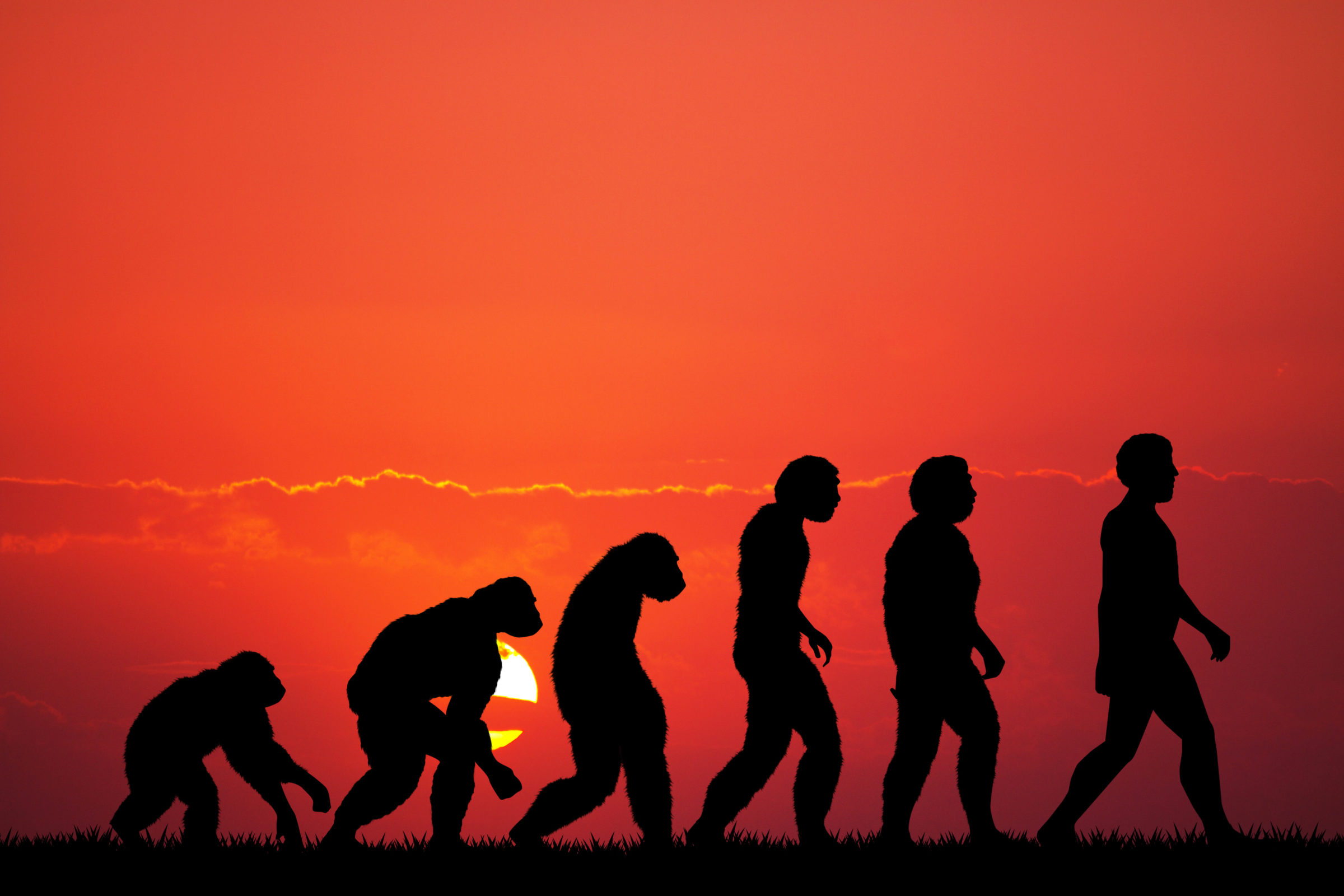‘Human Evolution’ Is a Misnomer
Originally published at National ReviewA new study claims that “natural selection” is making society more unequal because it is favoring those with poorer education and lower earnings. From the University of East Anglia press release:
A new study published today shows how natural selection effects are stronger in groups with lower income and less education, among younger parents, people not living with a partner, and people with more lifetime sexual partners.
Meanwhile, natural selection is pushing against genes associated with high educational attainment, high earnings, a low risk of ADHD or major depressive disorder, and a low risk of coronary artery disease.
Lead researcher Prof David Hugh-Jones, from UEA’s School of Economics, said: “Darwin’s theory of evolution stated that all species develop through the natural selection of small, inherited variations that increase the individual’s ability to compete, survive, and reproduce.
“We wanted to find out more about which characteristics are selected for and against in contemporary humans, living in the UK.”
What an odd approach. If poorer people with lesser educations are having more children than educated people, that is not evolution acting on the human population. It is because people are making choices that impact demographics. Moreover, whether one has a lesser or greater education is not usually genetically, but socially, determined. And if some of those decisions do exert an influence on our future genomes, it will not be because of natural selection but human agency.
And that illustrates a fundamental flaw with the very concept of ongoing “human evolution.” Natural selection is an undirected process. But human society is directed. Unlike flora and fauna, we have surmounted the straitjacket of natural selection and, hence, cannot be said to evolve over time in the same way that, say, moths or lizards do.
This is not to say that our physiology is not shifting over time due to clear genetic factors. For example, wisdom teeth appear to be disappearing.
But because humans now exert more powerful and immediate forces upon ourselves and our environment than would ever occur via the slow process of natural selection, the concept of “human evolution” is generally a misnomer. Indeed, our unique circumvention of raw evolutionary forces — both as it impacts ourselves and the manner in which we alter the natural world — is one reason why humans are exceptional.
